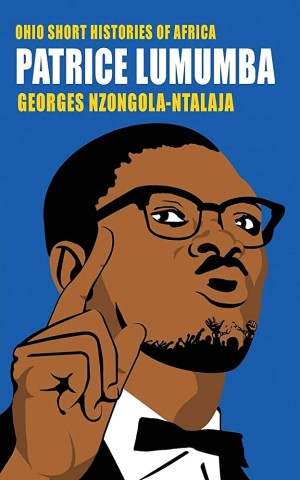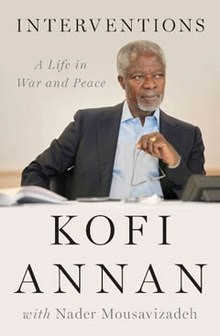Ohio University Press has a series of "Short Histories of Africa". I recently decided to pick up most of the collection for potential use as reading materials for classes. This post covers "Patrice Lumumba" (2014) by Georges Nzongola-Ntalaja. This is a great summary, but might have since been overshadowed by a book published the year after this one Death in the Congo (2015). Nonetheless, like other biographies in this series, it focuses on the full picture of the person, whereas that other book is more focused on his killing. A few notes:
"Responding to demands by educated Africans for special recognition of their elite status, the Belgians took steps toward granting to Congolese évolués the status of honorary Europeans and exempting them from racist regulations applying to Africans. Following the example set by France, in 1892 the Leopoldian regime had already adopted legislation providing for assimilating a select group of Africans to European status, but this was never put into practice … A carte du mérite civique (civil merit card) was introduced in 1948, only to be quickly superseded in importance in 1952 by a new status called immatriculation (matriculation), for those Africans deemed sufficiently "evolved" culturally and otherwise to be treated like Europeans." (p. 44-45)
"This chapter intends to show that if the cold war provided the ideological pretext or justification for his political and physical elimination by a coalition of Western interests, the major reason for his assassination lies in the Western-backed counterrevolution against the national liberation struggle in Central and Southern Africa." (p. 101)
"At the very time that African countries were achieving their independence from European colonial rule, this counterrevolution against national liberation was rearing its ugly head from the Congo basin all the way to the Cape of Good Hope, with mining companies, white settlers, and their backers in the Western establishment waging a vigorous campaign to preserve European interests and white supremacy in Central and Southern Africa." (p. 105)
"For Washington and its Cassandras, nonalignment was a dirty word and leaders like Lumumba who espoused it were either "communist sympathizers" or naïve about the communist threat. Using this cold war discourse as a rationalization of their hostility to independent-minded leaders, U.S. policy makers thus agreed with Belgium that Lumumba had to be removed from power. The question was "how to do it," and the answer was "by all means necessary," including hired killers, corrupt politicians, and the United Nations." (p. 108-109)
"It should be noted that UN troops stood by as Lumumba was tortured by his captors at Ilebo and in Kinshasa, on December 2, 1960, and at the Lubumbashi airport on January 17, 1961. When this is added to decisions taken by the secretary-general and his executive assistant mentioned above, it is evident that for the plot against Lumumba to succeed, the support, or at the very least the apparent neutrality, of the UN Secretariat was indispensable. At every critical juncture in Lumumba's drama, UN officials and troops were involved, by acts of commission or omission. Thus, even if the United Nations was not directly involved in Lumumba's assassination as Belgium and the United States were, it was nevertheless an accessory before the fact." (p. 129)



